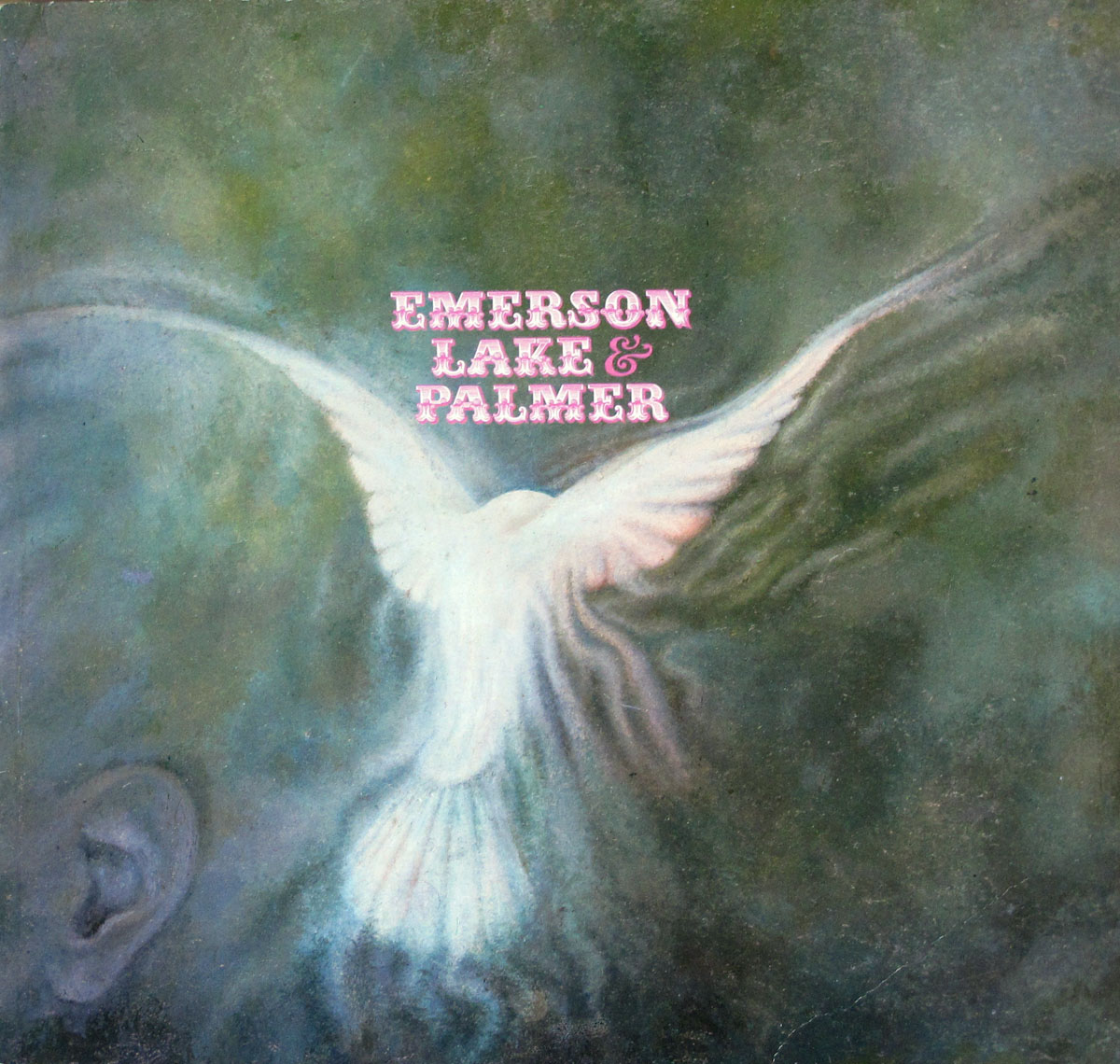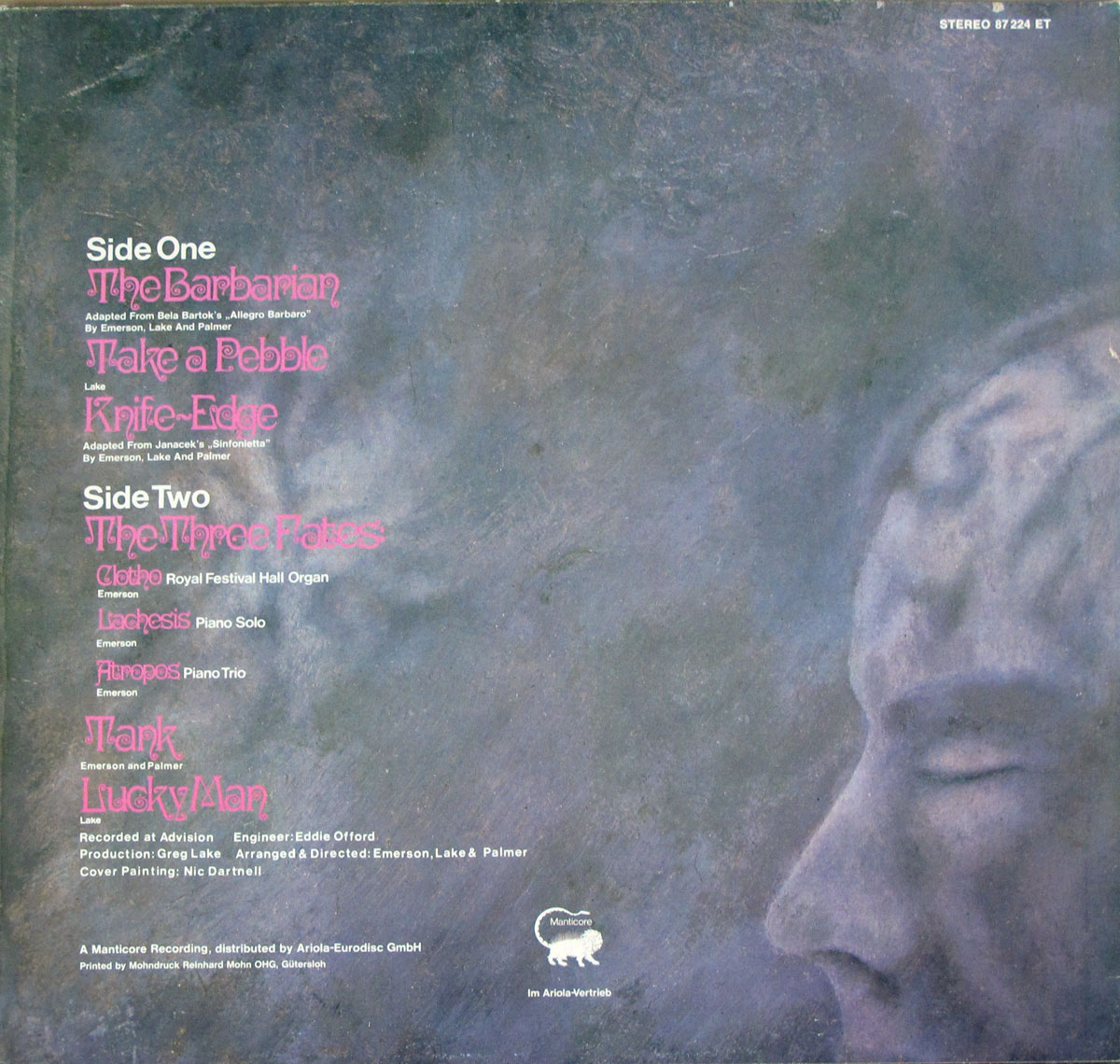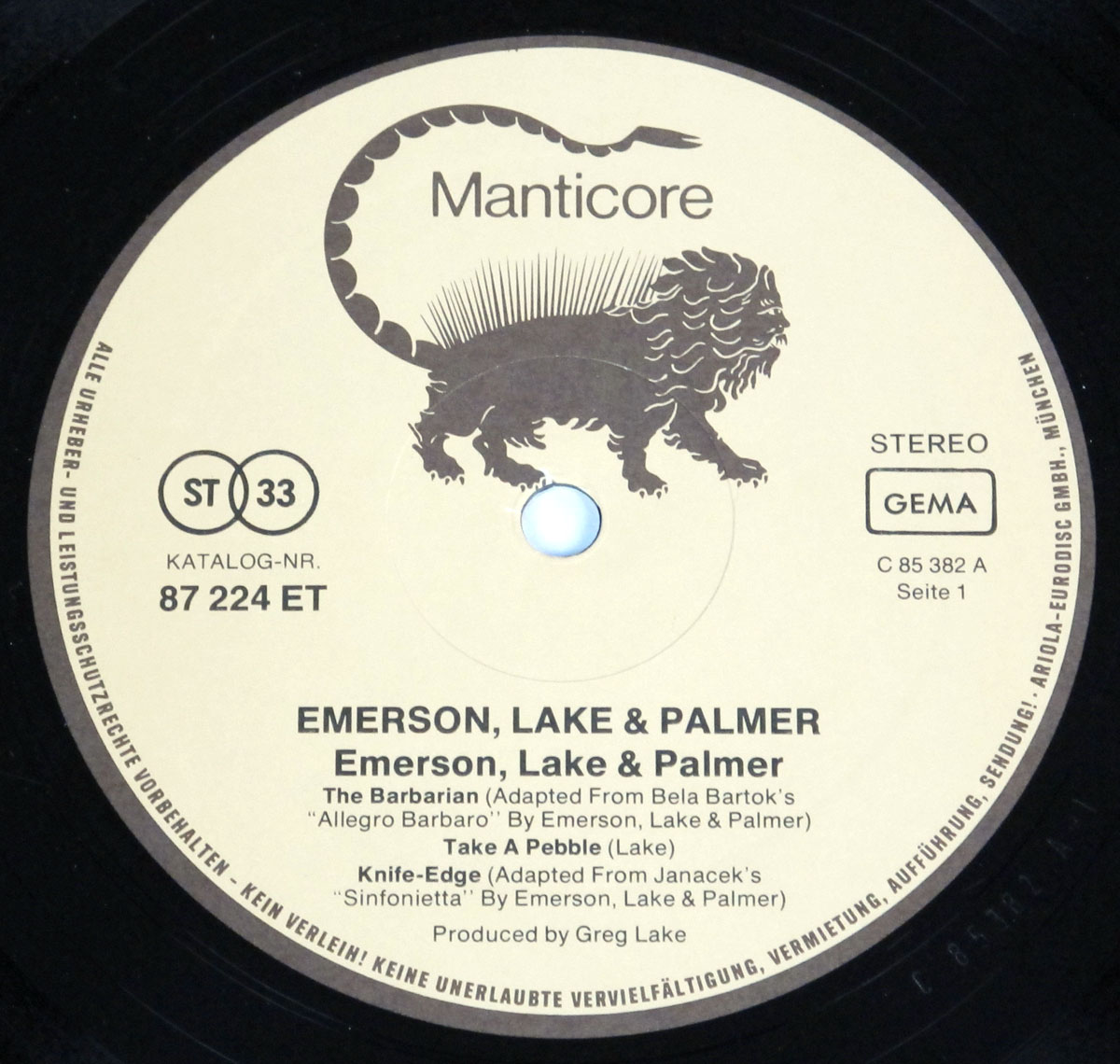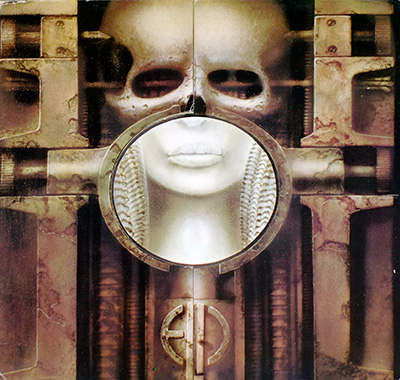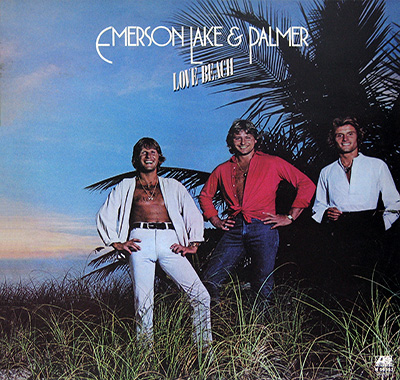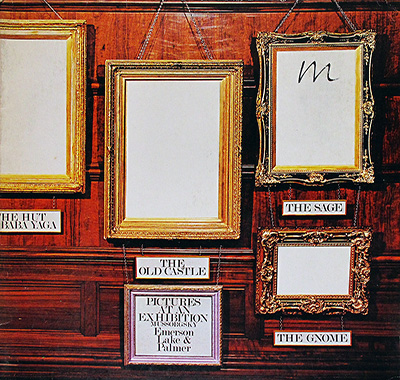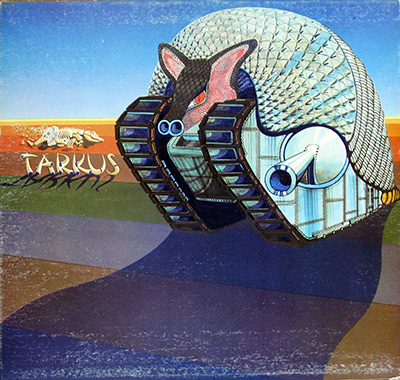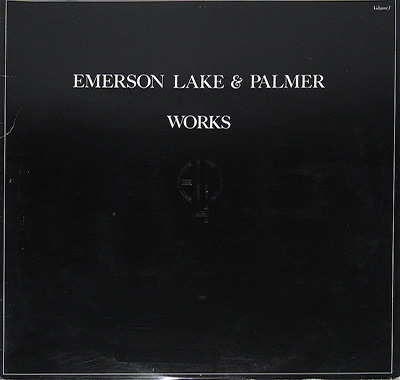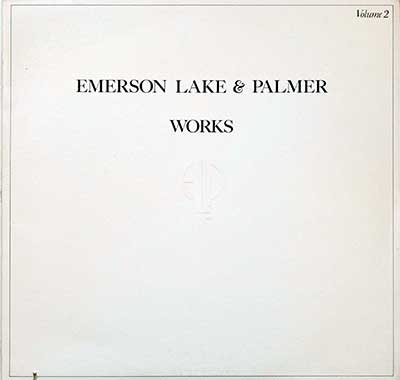1970 was a year of upheaval, man. Vietnam, Nixon, the whole damn world seemed to be teetering on the brink of madness. But amidst the chaos, a trio of limey virtuosos dropped a sonic bomb on the unsuspecting Krauts. Emerson, Lake & Palmer, or ELP as the cool kids called 'em, unleashed their self-titled debut on the unsuspecting German public, and it was a freakin' earthquake.
These guys weren't your average rock 'n' rollers. They were classically trained badasses who'd cut their teeth in bands like The Nice, King Crimson, and Atomic Rooster. But ELP took it to a whole new level, man. They fused Bach with bombast, Beethoven with balls-out rock. It was prog-rock on steroids, and it blew minds wide open.
Keith Emerson, the keyboard wizard, was a force of nature. He attacked his Hammond organ like a rabid wolverine, squeezing out sounds that could melt your face or make you weep like a baby. One of his signature moves was playing the organ upside down, a spectacle that became legendary among fans. Greg Lake, the singer and bassist, had a voice that could soothe your soul or rip it to shreds. His heartfelt vocals on tracks like "Take a Pebble" and "Lucky Man" resonated with listeners on a deep emotional level. And Carl Palmer, the drummer, was a human octopus, flailing his limbs in a blur of rhythmic fury. His drum solos, like the one on "Tank," were a masterclass in percussive power.
Their debut album was a wild ride, man. From the epic opener "The Barbarian" to the tender ballad "Take a Pebble," it was a rollercoaster of emotions and sonic textures. The centerpiece was the sprawling "Tarkus," a 20-minute suite about a freakin' armadillo-tank hybrid that wages war on humanity. It was weird, wild, and totally unforgettable. The album's iconic cover art, featuring a clenched fist bursting through a keyboard, became a symbol of the band's raw power and ambition.
Of course, the critics hated it. They called it pretentious, overblown, even "classical music for morons." But who cares what those stuffed shirts think? ELP were the real deal, man. They were pushing the boundaries of rock, taking it to places it had never been before. The band's live shows were legendary, featuring Emerson's theatrical antics, Lake's charismatic stage presence, and Palmer's explosive drumming.
The album was recorded at Advision Studios in London, with Greg Lake himself at the helm. They brought in Eddie Offord, the engineering whiz kid who'd worked with the likes of Yes and Traffic. Together, they crafted a sound that was massive, layered, and utterly unique. The use of innovative studio techniques, like multi-tracking and sound effects, allowed them to create a sonic landscape that was both rich and expansive.
ELP's German release was a landmark moment, man. It introduced a whole new audience to the mind-bending world of progressive rock. It was a cultural exchange, a collision of British bombast and Teutonic precision. And it was freaking awesome. The album's success in Germany solidified ELP's status as a global phenomenon and paved the way for their future triumphs.
So if you're looking for an album that'll challenge your ears, expand your mind, and maybe even make you dance like a maniac, then grab yourself a copy of ELP's self-titled German release. It's a sonic adventure you won't soon forget.
